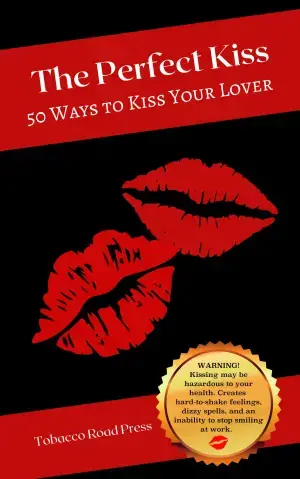Finding Your Space in Social Justice: A Review of Social Justice for the Sensitive Soul: How to Change the World in Quiet Ways
As a self-proclaimed sensitive soul navigating the chaotic waters of social justice, I felt an immediate pull towards Dorcas Cheng-Tozun’s Social Justice for the Sensitive Soul: How to Change the World in Quiet Ways. The title alone whispered to my very core, offering a promise of understanding and camaraderie where loud activism might otherwise seem impersonal and daunting. With an increasingly noisy world clamoring for change, Tozun invites us on a journey that validates quieter approaches, embracing the unique contributions of those often overlooked.
Tozun dives into the intricacies of social justice work through the lens of six distinct pathways: Connectors, Creatives, Record Keepers, Builders, Equippers, and Researchers. Each archetype offers a window into a less conventional yet profoundly impactful way of contributing to societal change. As I read, I couldn’t help but think about my own place in this landscape. Am I a Connector, fostering relationships that amplify voices? Or perhaps a Creative, using art to bridge divides? It was both refreshing and eye-opening to witness how my sensibilities fit into a broader narrative of activism.
The writing style struck me as particularly inviting; Tozun’s warmth paired with insightful storytelling creates a captivating flow. Each chapter unfolds like a conversation with a wise friend, blending research and anecdotal evidence seamlessly. For instance, I found myself nodding along with her assertion that, “Social justice work doesn’t have to involve raised voices and raised fists.” It felt like liberation wrapped in words—a reminder that my quieter contributions are not merely valid but essential.
What truly resonated with me were the real-life examples of highly sensitive world-changers. One story highlighted a creative individual who transformed community spaces through art, showcasing how beauty can incite dialogue and inspire action. These narratives breathed life into the text, instilling a sense of possibility that echoed through my own experience in the realm of activism. The reflective questions at the end of each chapter were an added bonus, providing space for contemplation and deepening my connection to the material.
In an age where burnout is common in social justice circles, Tozun’s work serves as a gentle guide for those who may feel overwhelmed. As Library Journal aptly described it, it’s a book “recommended for anyone interested in social justice and enacting positive change.” This is a lifebuoy for the introspective activist, offering not just solace but actionable pathways that feel sustainable and nurturing.
I would highly recommend Social Justice for the Sensitive Soul to anyone who identifies as an empath, introvert, or simply finds themselves overwhelmed by traditional frameworks of activism. This book isn’t just a read; it’s a comforting hug for those seeking affirmation on their path toward meaningful contribution. Whether you are starting your journey or seeking new ways to engage, Tozun’s insights will resonate deeply, reminding you of the beauty of quiet activism in a noisy world.
In conclusion, this book transformed not only how I view my own sensitive nature but also how I approach activism at large. It emphasized that every voice, no matter how quiet, holds power—a message I believe we all need to embrace. So, if you’re ready to explore the myriad ways sensitive souls can impact social justice, I invite you to dive into this beautifully crafted work. You might just find a piece of yourself along the way.
[ad_2]
You can find Social Justice for the Sensitive Soul: How to Change the World in Quiet Ways here >>






